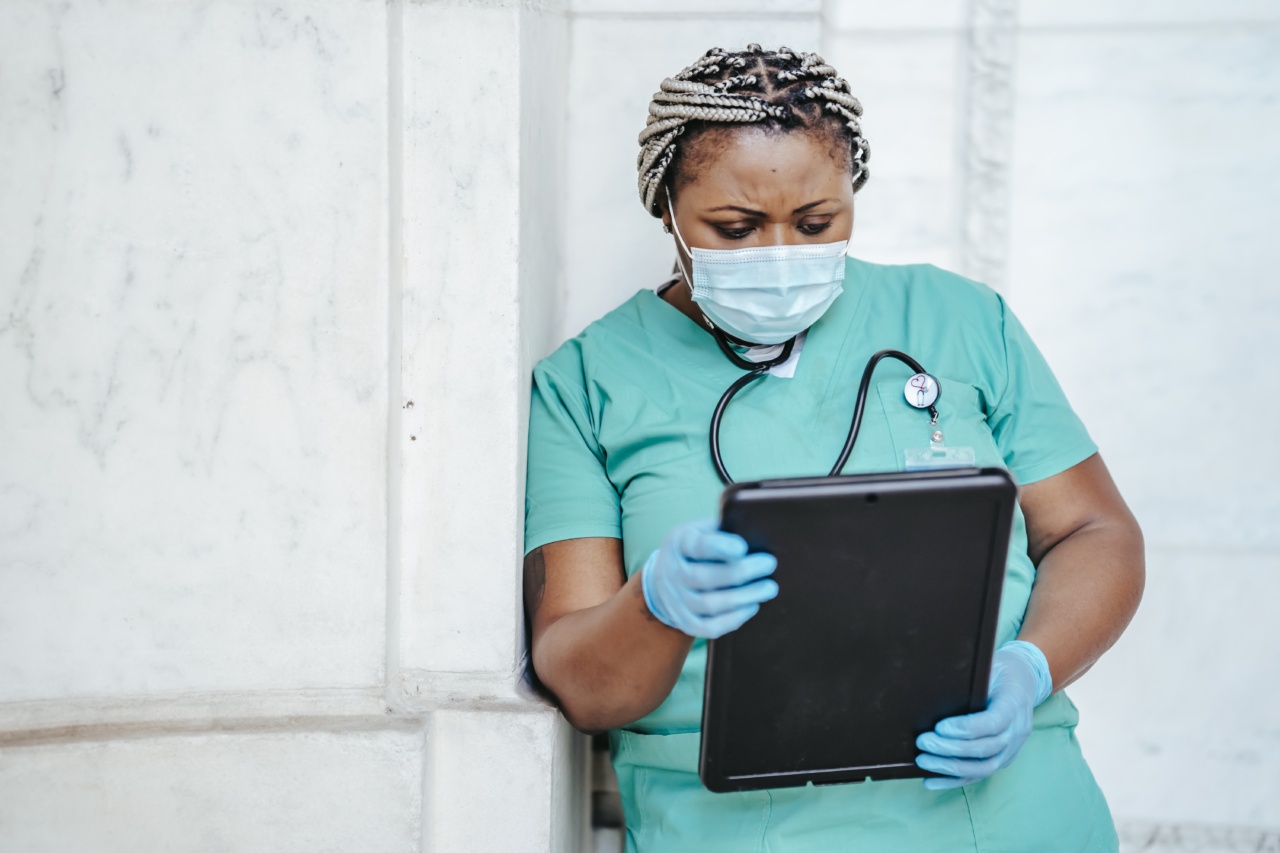As the world continues to battle the ongoing coronavirus pandemic, news of another spike in cases has emerged. The Kronovirus, a new strain of coronavirus, has seen a sharp rise in infections, with 549 new cases reported in just the past week.
What is the Kronovirus?
The Kronovirus is a new strain of coronavirus that was first identified in the Kronos Mountains in central Asia. It is believed to have originated in animals and then spread to humans during animal-to-human transmission, a process called zoonosis.
The virus is highly contagious and can be transmitted through respiratory droplets, contact with contaminated surfaces, or close contact with infected individuals.
Where are the latest cases?
The latest cases of Kronovirus have mainly been reported in Asia and Europe. The highest number of cases has been reported in Russia, followed by Kazakhstan, Uzbekistan, and Ukraine.
However, cases have also been reported in other countries such as Turkey, Germany, and Italy.
Why is the spike in cases concerning?
The spike in Kronovirus cases is concerning due to the potential for the virus to spread rapidly and cause severe illness.
While many people infected with the virus may experience only mild to moderate symptoms, others may develop severe respiratory illness, pneumonia, or even death. Additionally, the virus has the potential to mutate, which could make it even more dangerous and difficult to control.
How can we prevent the spread of Kronovirus?
To prevent the spread of Kronovirus, it is important to take measures such as wearing masks, practicing social distancing, and washing hands frequently. Vaccines are also available, and it is important to get vaccinated to protect against the virus.
What are the symptoms of Kronovirus?
The symptoms of Kronovirus are similar to those of other types of coronavirus and can include fever, cough, and difficulty breathing. Some people may also experience fatigue, headache, sore throat, and loss of sense of smell or taste.
What should you do if you think you have Kronovirus?
If you think you have Kronovirus, it is important to seek medical attention immediately. In some cases, hospitalization may be necessary, especially if you are experiencing severe symptoms.
You should also isolate yourself from others to prevent the spread of the virus.
Final Thoughts
The recent spike in Kronovirus cases is a reminder that the pandemic is far from over. It is important to continue to take precautions to prevent the spread of the virus and to get vaccinated when possible.
By working together, we can overcome this pandemic and emerge stronger.































